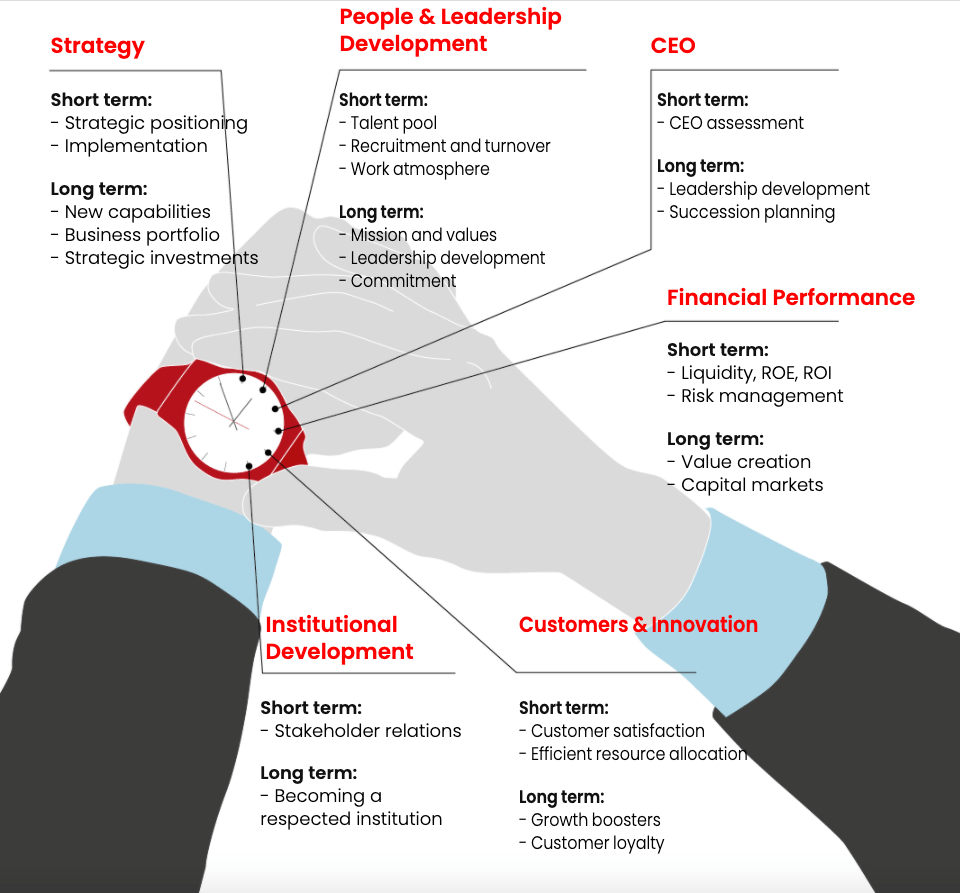
Mastering Time Essential Tips for Effective Management

Mastering Time: Essential Tips for Effective Management
In today’s fast-paced world, time management is more crucial than ever. With numerous tasks vying for our attention, mastering the art of time management is essential for productivity and success. Here, we explore some essential tips to help you effectively manage your time and achieve your goals.
Understanding Your Priorities
The first step in effective time management is understanding your priorities. Take the time to identify your most important tasks and goals. What are the key objectives you need to accomplish? By clarifying your priorities, you can focus your time and energy on what truly matters.
Setting Clear Goals
Setting clear and achievable goals is essential for effective time management. Break down your long-term goals into smaller, manageable tasks, and set deadlines for each one. This will help you stay organized and motivated as you work towards your objectives. Additionally, regularly review and adjust your goals as needed to stay on track.
Creating a Schedule
Creating a schedule is a fundamental aspect of time management. Allocate specific time slots for different tasks and activities, including work, personal commitments, and leisure time. Be realistic about how much time each task will take, and try to stick to your schedule as closely as possible. Remember to build in breaks to rest and recharge throughout the day.
Prioritizing Tasks
Not all tasks are created equal when it comes to time management. Prioritize your tasks based on their importance and urgency. Focus on completing high-priority tasks first, and then move on to less critical ones. This will help you make the most of your time and ensure that important deadlines are met.
Eliminating Time Wasters
Identifying and eliminating time wasters is crucial for effective time management. Take a critical look at your daily habits and routines. Are there activities that consume a lot of time without adding value? Common time wasters include excessive social media use, procrastination, and multitasking. Minimize these distractions to free up more time for productive tasks.
Learning to Say No
Learning to say no is a valuable skill in time management. It’s important to recognize your limits and prioritize your own well-being. If a task or commitment doesn’t align with your goals or values, don’t be afraid to decline politely. Saying no allows you to focus on what truly matters and avoid overextending yourself.
Using Time Management Tools
There are numerous tools and techniques available to help you manage your time more effectively. From digital apps to traditional planners, find a method that works for you and stick with it. Time management tools can help you stay organized, track your progress, and make adjustments as needed to optimize your efficiency.
Maintaining Balance
Maintaining a healthy work-life balance is essential for overall well-being and productivity. While it’s important to work hard and pursue your goals, it’s equally important to take time for rest and relaxation. Schedule regular breaks, prioritize self-care activities, and make time for hobbies and interests outside of work.
Reviewing and Reflecting
Regularly reviewing and reflecting on your time management practices is key to continuous improvement. Take time to evaluate what’s working well and what could be improved. Identify any patterns or habits that may be hindering your progress and make adjustments accordingly. By constantly striving for improvement, you can refine your time management skills and achieve greater success.
Seeking Support
Finally, don’t be afraid to seek support when needed. Whether it’s asking for help from colleagues or hiring a professional coach, seeking support can provide valuable insights and guidance in improving your time management skills. Surround yourself with people who support your goals and can offer encouragement and accountability along the way. Read more about tips for maintaining good time management


